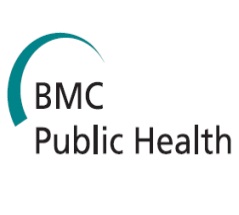Abstract
Background: Many developed countries are reforming healthcare payment systems in order to limit costs and improve clinical outcomes. Knowledge on how different groups of professional stakeholders trade off the merits and downsides of healthcare payment systems is limited. Methods: Using a discrete choice experiment we asked a sample of physicians, policy makers, healthcare executives and researchers from Canada, Europe, Oceania, and the United States to choose between profiles of hypothetical outcomes on eleven healthcare performance objectives which may arise from a healthcare payment system reform. We used a Bayesian D-optimal design with partial profiles, which enables studying a large number of attributes, i.e. the eleven performance objectives, in the experiment. Results: Our findings suggest that (a) moving from current payment systems to a value-based system is supported by physicians, despite an income trade-off, if effectiveness and long term cost containment improve. (b) Physicians would gain in terms of overall objective fulfillment in Eastern Europe and the US, but not in Canada, Oceania and Western Europe. Finally, (c) such payment reform more closely aligns the overall fulfillment of objectives between stakeholders such as physicians versus healthcare executives. Conclusions: Although the findings should be interpreted with caution due to the potential selection effects of participants, it seems that the value driven nature of newly proposed and/or introduced care payment reforms is more closely aligned with what stakeholders favor in some health systems, but not in others. Future studies, including the use of random samples, should examine the contextual factors that explain such differences in values and buy-in.








